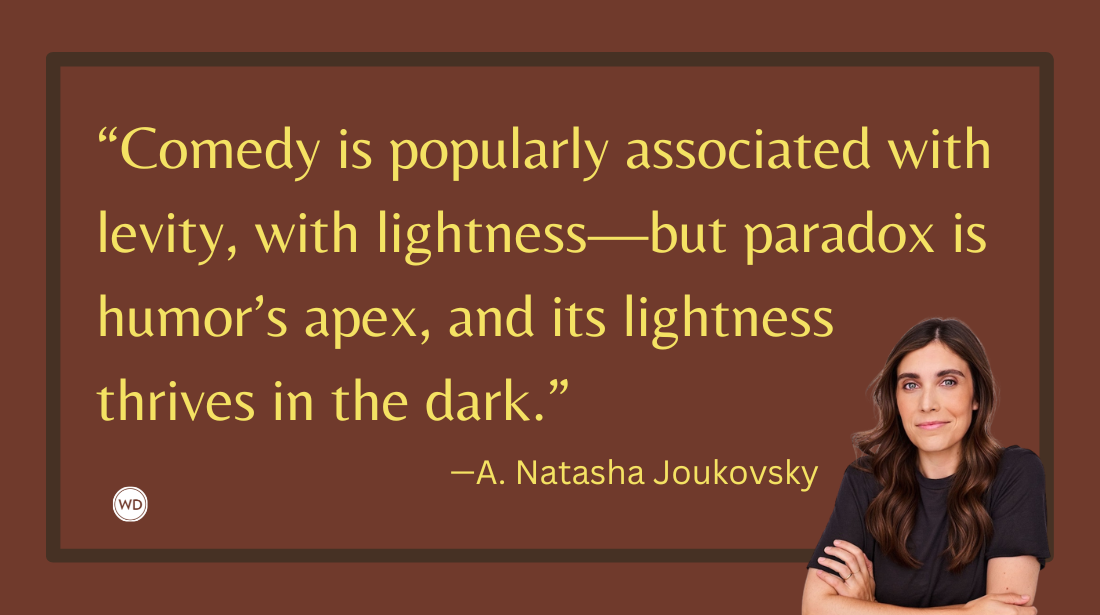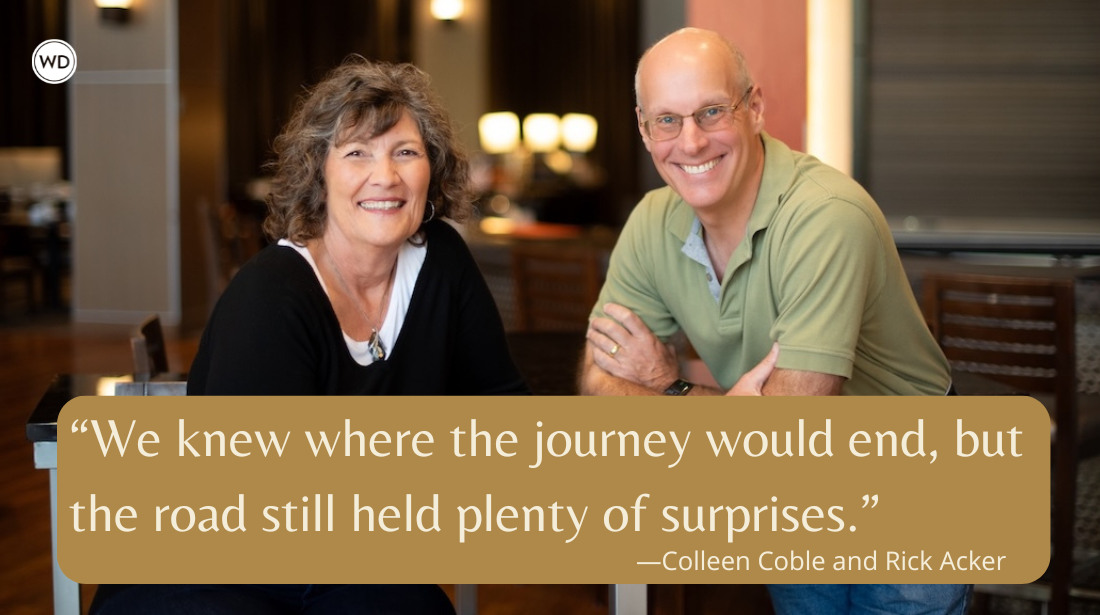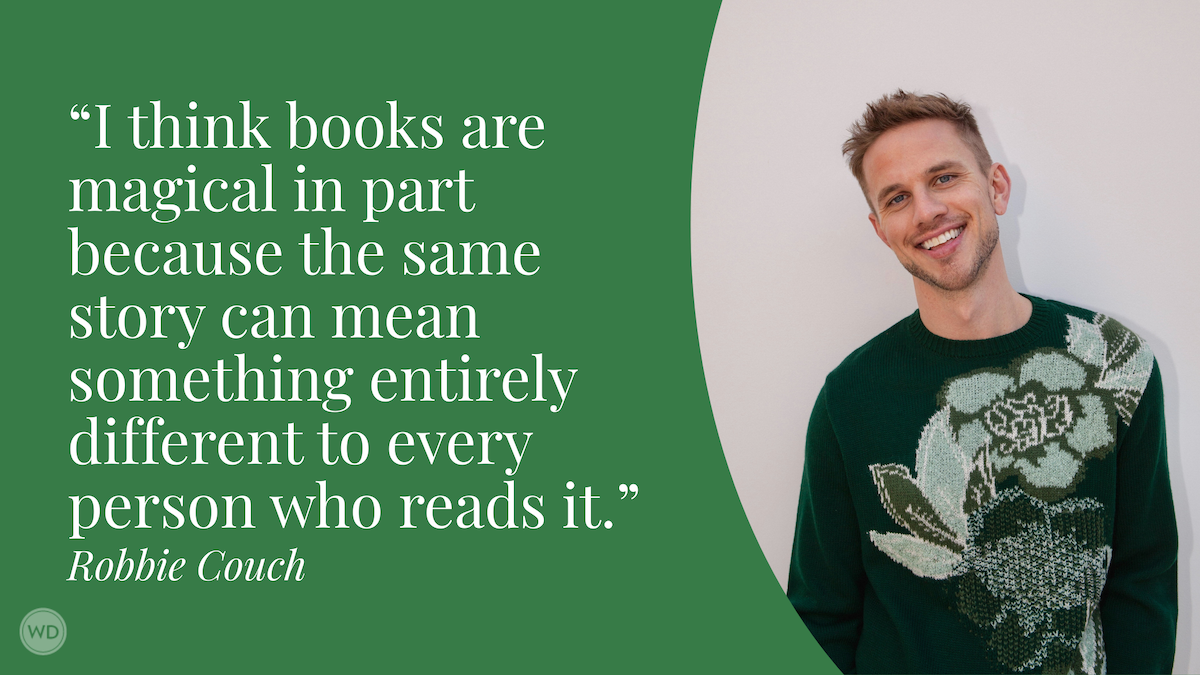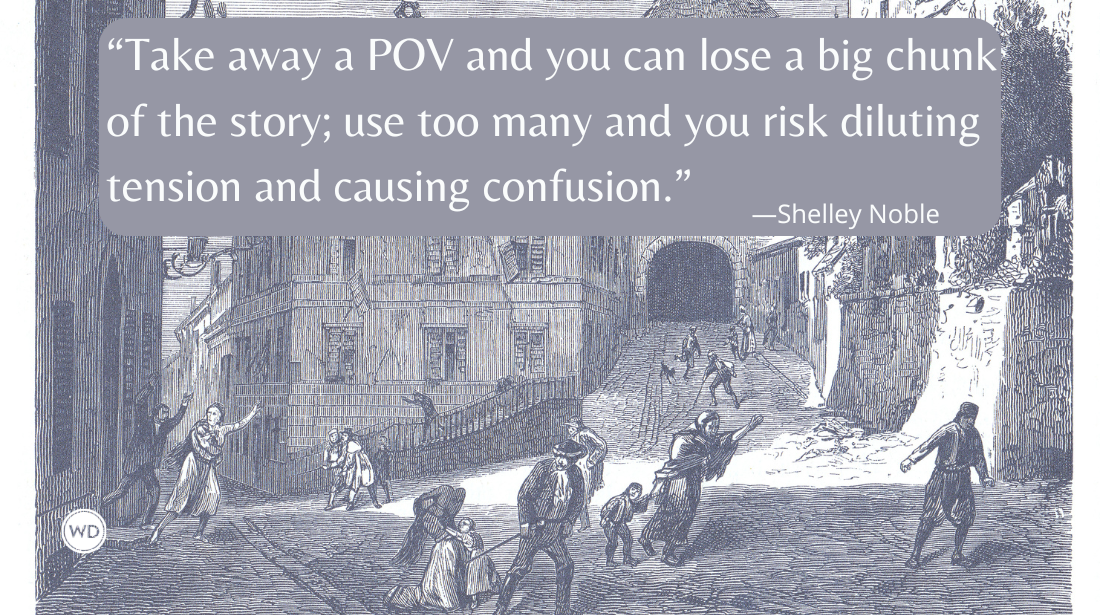Danit Brown: Trust Your Instincts
In this interview, author Danit Brown discusses the 16-year journey from idea to publication of her new novel, Television for Women.
Danit Brown is the author of the novel Television for Women and Ask for a Convertible, a linked short-story collection that was a Washington Post Best Book of 2008 and winner of a 2009 American Book Award. Her stories have appeared in numerous literary journals including Story, One Story, and Glimmer Train, and have been featured on National Public Radio. She teaches at Albion College. Follow her on Facebook and Instagram.
In this interview, Danit discusses the 16-year journey from idea to publication of her new novel, Television for Women, on the differences and similarities in short story writing versus novel writing, and more.
Name: Danit Brown
Literary agent: Sorche Fairbank
Book title: Television for Women
Publisher: Melville House Publishing
Release date: June 24, 2025
Genre/category: Fiction
Previous titles: Ask for a Convertible
Elevator pitch: Television for Women is about one woman’s search for the person she used to be as she navigates the aftermath of childbirth and the way it unravels relationships, expectations, and even her sense of self.
What prompted you to write this book?
Television for Women began with curiosity. Early in my teaching career, a colleague was dismissed for faking his Ph.D. While everyone else focused on the scandal, I couldn’t stop wondering about my colleague’s wife, who had recently given birth to their first child. They’d met around the time he’d received tenure, so how much did she know? How did his lies affect her? Did she feel betrayed, or trapped, or both?
At the same time, I was new to both marriage and motherhood, which didn’t come naturally to me, and discovering that the transition was much messier than depicted in shows like “A Baby Story.” Why hadn’t anyone warned me about this? I wondered. Does everyone else know something I don’t?
Television for Women was my way of exploring what happens when the stories we tell ourselves about our life—stories like, “Of course I want a baby” and “I’m happily married” —fall apart. It’s about love, identity, and the lies we tell others and ourselves along the way.
How long did it take to go from idea to publication? And did the idea change during the process?
This is my first novel, and when I started writing it back in 2008, I suspected I was a short-story writer at heart and would never be able to write anything as long as a novel. The solution, I thought, was to game the system—even if I couldn’t write an actual novel, I could write something that could pass for a novel. I had, in fact, tried doing this with my first book, a collection of linked short stories, although I’d ultimately fooled no one. This time, I told myself, I would fake a novel by splitting my main character, Estie, into two. One character would be married to a professor who loses his job and befriends the old lady across the street, and the other character would be pregnant and ambivalent about motherhood and have a grandmother with Alzheimer’s. Fast-forward several years: My agent at the time didn’t like the project and decided to part ways with me. After a lot of weeping and gnashing of teeth, I realized I had nothing to lose by just writing the novel as I’d originally envisioned it without worrying about filler. I went back to having just one main character, lost the old lady and the grandmother, and suddenly everything made a lot more sense. By then, 10 years had passed. It would take another four years of revisions before the novel found a home, and another two years after that to get it ready for publication. All in all, then, this novel took a whopping 16 years from idea to publication.
Were there any surprises or learning moments in the publishing process for this title?
After a couple of years of on-and-off querying, I had more or less given up on finding a home for Television for Women. I had spent 14 years on this project, I told myself, and I had nothing to show for it. In a last-ditch effort, I signed up for an agent meeting through Grubstreet’s Muse and the Marketplace conference, which is how I met Sorche Fairbank, who would eventually become my agent. Soon after—before Sorche even had a chance to review my work, in fact—I received an email from Michelle Capone. Michelle had read the manuscript when she interned for another literary agent I’d queried, but now she was working as an editor at Melville House Publishing, and was the novel still available? I had heard other writers say that you never know how or when something will shake loose in terms of publication, and my experience with this novel seems to bear this out.
Were there any surprises in the writing process for this book?
I was surprised to discover that time away from the novel was often as important as the time I spent with it. At times, I’d read a draft and conclude that I was a literary genius only to return to it a couple of weeks later and realize how much more work needed to be done. The opposite was also true, and infinitely more important: I would walk away from a draft in despair, and then weeks or even months later, I’d finally realize what needed to happen next. That thing inside you that compels you to write is always churning, even when you’re far away from your desk.
What do you hope readers will get out of your book?
This novel was my way of exploring what happens when the stories we tell ourselves about our life—stories like “Of course I want a baby” and “I’m happily married” —fall apart. I hope that Estie’s experiences will resonate with readers and, if they’re struggling with the transition to motherhood, help them feel a little less alone.
If you could share one piece of advice with other writers, what would it be?
You’ve probably already heard this, but I’m sharing it here because, if I’d only followed this advice, I would have avoided years and years of frustration: Trust your instincts and write the book you want to write. There will be plenty of time to worry about publication and finding readers later.









